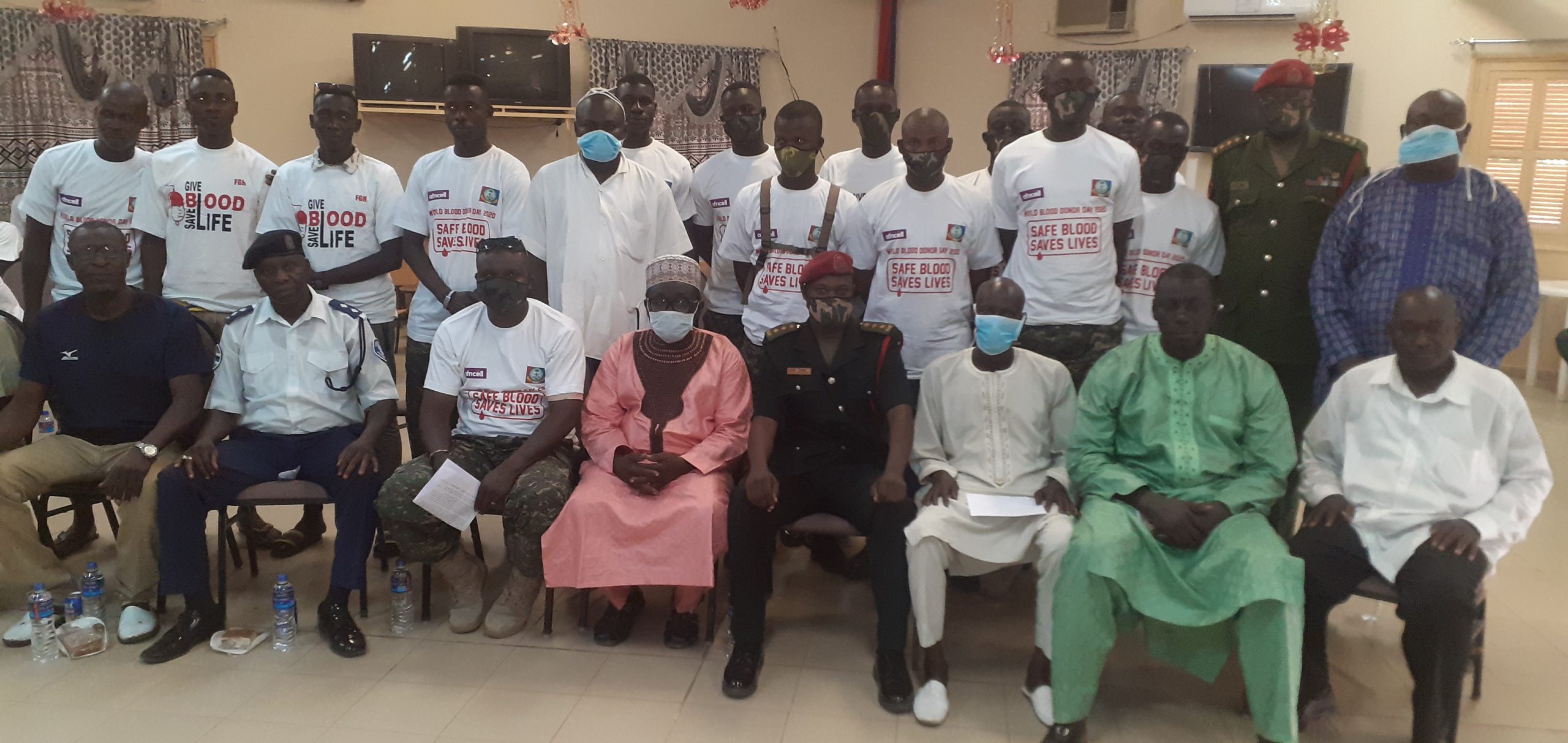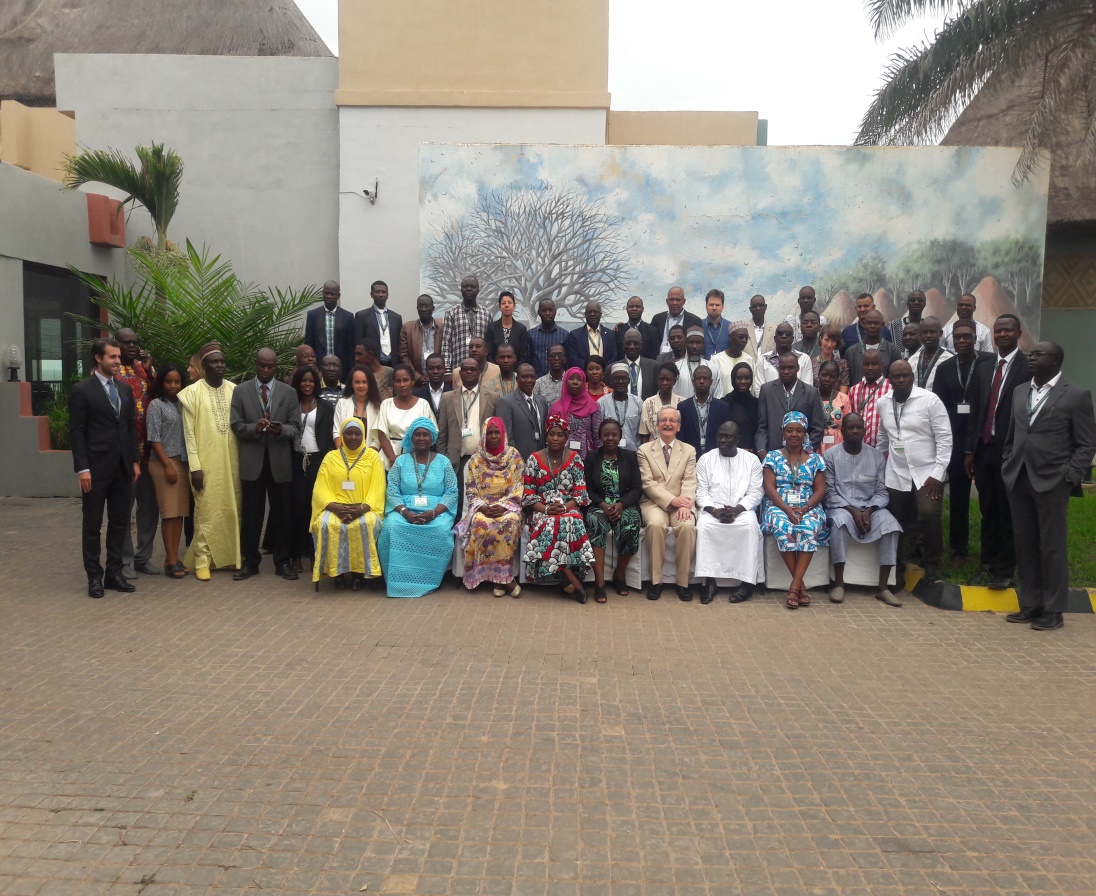By: Fatoumatta krubally
As the streets of The Gambia become increasingly crowded with beggars, a growing concern emerges among citizens regarding the alarming trend of individuals choosing to beg rather than seek employment, even when physically capable of working.
In recent years, it has become nearly impossible to walk through busy areas in The Gambia without encountering beggars at every corner. Whether in the bustling markets of Banjul or the busy streets of Serrekunda, the sight of individuals asking for alms has become a familiar one, prompting discussions about the reasons behind this phenomenon.
Mariama Njie, a concerned citizen, shared her opinion on the matter. “Nowadays, there are beggars who are physically fit to work,” she noted. “It’s disheartening to see them sitting idly while they could be contributing to their families and the economy.” This sentiment is echoed by Modou Dumbuya, who pointed out the irony in the situation. “You see some people who are even stronger than you, or women who could sell goods and make a profit, yet they choose to sit outside begging. I mean, for what?” he questioned.
While some argue that the lack of job opportunities drives people to beg, others believe that a willingness to work is being overlooked. Fatou Bintou stated, “There are not enough jobs, so some people must beg to survive. Even if there are jobs, the salaries are not enough to support a family.” This highlights the complex nature of the issue, where economic hardship and a lack of employment opportunities converge.
In addressing this growing concern, Islamic scholar Sheikh Alieu Marong offered insights from an Islamic perspective. “Islam permits begging in certain circumstances, particularly for those in dire need,” he explained. “However, it strongly discourages it as a means of livelihood.” He referenced the Quran, stating, “And do not turn away those who seek [your help] from you” (Quran 2:273), emphasizing the importance of compassion and support for those who are truly in need. Yet, he also highlighted that the Prophet Muhammad (peace be upon him) encouraged self-sufficiency and hard work, stating, “The upper hand is better than the lower hand” (Sahih Bukhari).
The rising trend of begging in The Gambia raises critical questions about social responsibility, economic opportunities, and the values that guide our communities. As citizens grapple with the sight of beggars in their neighborhoods, it is essential to foster discussions about how to address the root causes of this issue. Whether through job creation, vocational training, or community support initiatives, finding a solution is vital for the well-being of both individuals and society as a whole. The time has come for action to ensure that every Gambian has the opportunity to thrive, rather than resorting to begging as a means of survival.





